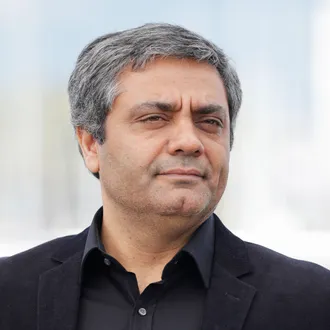Iranian Director Mohammad Rasoulof Sentenced to Prison Ahead of Cannes Film Festival
Iranian filmmaker Mohammad Rasoulof, known for his acclaimed film “There Is No Evil,” has been sentenced to eight years in prison and lashings just before his scheduled appearance at the Cannes film festival, his lawyer disclosed to The Associated Press.
Rasoulof, aged 51, is the latest artist targeted in Iran’s crackdown on dissent following widespread protests, including those over the death of Mahsa Amini in 2022.
The Iranian authorities have not officially acknowledged the sentence, but Rasoulof, along with other artists, previously co-signed a letter urging authorities to address public grievances amid protests, including those following a building collapse in Abadan in 2022.
According to his lawyer, Babak Paknia, Rasoulof’s conviction stems from his public statements and social activities, deemed as actions against national security.
Rasoulof faced trial in Tehran’s Revolutionary Court, notorious for handling cases involving individuals with Western ties and criticized for its lack of transparency.
In addition to the prison term, Rasoulof also faces lashings, fines, and asset seizures.
The Iranian director was set to premiere his latest film, “The Seed of the Sacred Fig,” at Cannes later this month.
Rasoulof’s previous work, “There Is No Evil,” won the Golden Bear prize at the Berlin International Film Festival in 2020. Despite the acclaim, Rasoulof couldn’t attend the event due to a travel ban imposed by Iranian authorities. He was subsequently sentenced to a year in prison for three of his films, deemed as propaganda against the Iranian system.
Rasoulof has faced repeated legal actions and film bans in Iran, known for its conservative stance on Western-embraced artists. However, Iranian cinema has gained international recognition for its daring narratives depicting life in the Islamic Republic.
The sentencing of Rasoulof comes as another blow to artistic freedom in Iran, reflecting the ongoing tensions between creative expression and state censorship.








